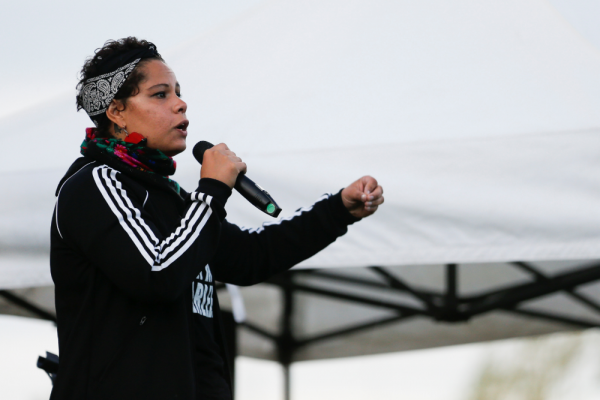Sep 27, 2021
Nicole Thomas-Kennedy, who placed first in the primary race for Seattle city attorney, said that while voters have embraced more progressive ideas, she thinks moderate voters are still “freaked out” by the term abolition because of misconceptions about what it means. Her campaign was motivated in part by working as a Seattle public defender, where she saw the city “mostly prosecuting poverty and disability,” including, she said, a case where a person stole a block of cheese and a beer.
Read the Full Article

Already a subscriber? Login
